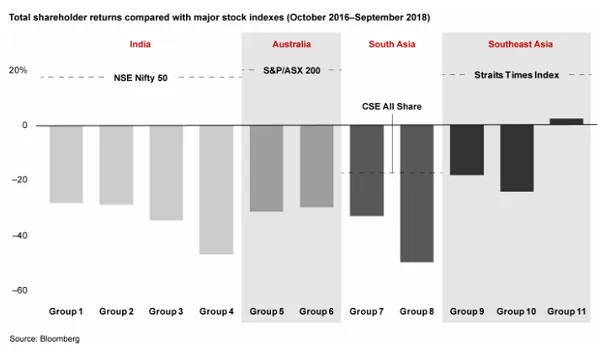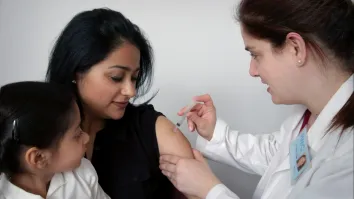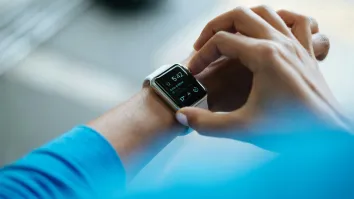
10 in 11 APAC healthcare groups saw negative shareholder returns in 2016-2018: Bain
Rising costs, evolving regulations and reimbursement pressure eroded profits.
Of 11 hospital groups in Australia, India, South Asia and Southeast Asia, ten registered negative total shareholder returns from the period October 2016 to September 2018, according to a report from management consulting firm Bain.
Despite healthcare demand, a combination of factors including rising costs, evolving regulations and reimbursement pressure continued to erode profits.
Nine out of 10 providers in the region have pursued initiatives to improve performance over the past two years, and 60% of it were aiming for margin improvements of at least three percentage points.
Despite these efforts, only below 5% expressed that they have reaped benefits from their initiatives, and seven out of 10 were expecting to fall short of reaching their target margin.
The Asia Pacific region is expected to account for around half of the growth in healthcare spending over the next decade given its rapidly ageing population and increasing prevalence of chronic diseases, pressuring healthcare providers to increase efficiency and affordability of their services.
Bain recommended for healthcare providers to adopt a zero-based redesign (ZBR), which could boost EBITDA growth by 15-20 ppt.
“Companies using ZBR start with a blank sheet to completely rethink processes and workflows and realign their operating model. They use digital technologies to either eliminate or streamline activities and data analytics to unearth additional gains,” Bain stated.



















 Advertise
Advertise






